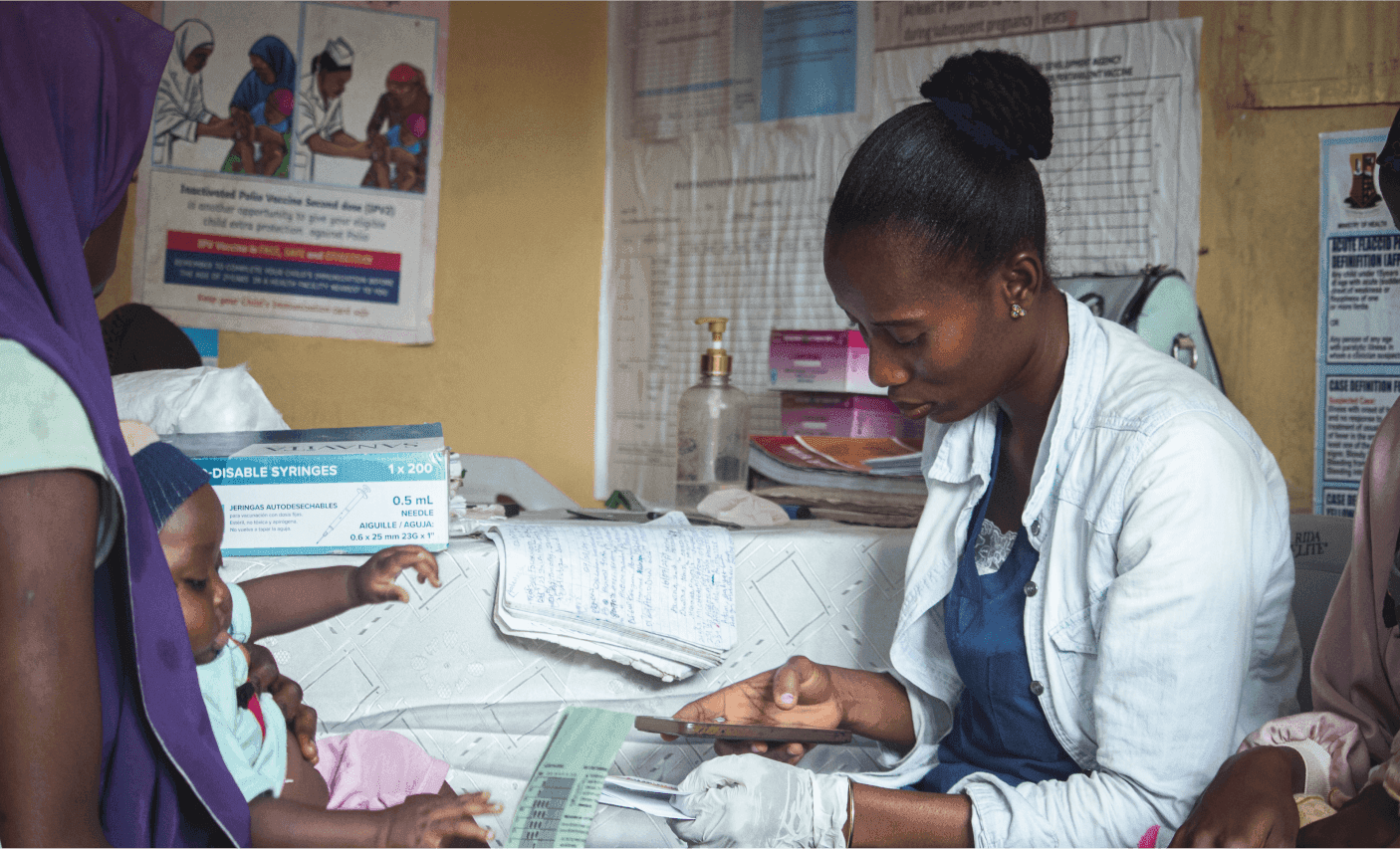Strengthening local capacity for mathematical modelling in low and middle-income countries: the process and lessons learnt in implementing the first cohort of Nigeria malaria modelling fellowships
Mathematical modelling plays a crucial role in understanding malaria epidemiology and evaluating anti-malarial interventions. In sub-Saharan Africa, National Malaria Control Programs are increasingly collaborating with modellers to optimize impact within constrained fiscal environments and evaluate the effectiveness of ongoing malaria control efforts. Despite Nigeria's National Malaria Elimination Program soliciting modelling expertise, there remains a significant capacity gap in low and middle-income countries (LMICs), including Nigeria. To address this, the Nigerian Malaria Modelling Fellowship (MMF) adopts a one-health approach within the Nigerian Field Epidemiology and Laboratory Training Program.
The MMF aims to enhance mathematical modelling capacity among Nigerian public health professionals by increasing the number of doctoral and postdoctoral graduates proficient in using modelling for planning, program evaluation, and outcome assessment. This paper highlights the initiative's innovative aspects and shares initial implementation insights.

Subscribe To Our Newsletters
Stay Updated with the Latest News and Events - Directly in Your Inbox!